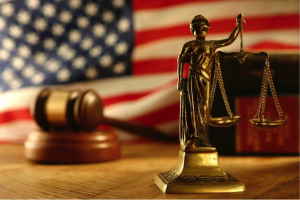 Being a crime victim or someone close to a deceased crime victim is a difficult and life – changing experience. The world doesn’t look the same anymore. Suffering attack on your life, personal freedom, sexual freedom, safety, property, or anything else, means that the trust in others you once had is now shaken, or completely lost. After the unfortunate event, crime victims are in a very specific mental and emotional state: at the same time, they eagerly seek for justice, and criminal procedures are overwhelming for them. While they do their best to help the investigation, it is struggling to relive the criminal event repeatedly.
Being a crime victim or someone close to a deceased crime victim is a difficult and life – changing experience. The world doesn’t look the same anymore. Suffering attack on your life, personal freedom, sexual freedom, safety, property, or anything else, means that the trust in others you once had is now shaken, or completely lost. After the unfortunate event, crime victims are in a very specific mental and emotional state: at the same time, they eagerly seek for justice, and criminal procedures are overwhelming for them. While they do their best to help the investigation, it is struggling to relive the criminal event repeatedly.
Overall, the United States provides a crime victim a significant position in the criminal procedure by entitling them to many rights. Each state can widen the scope of these rights further, and they often do that. Crime victims cooperate with investigation by giving valuable information to authorities, and later testify in court, but they also have the right to be informed, to be present, and to be heard when relevant, at all crucial stages of criminal proceedings, so long as exercising their rights doesn’t interfere with the rights of the accused.
It might look as if victims are in a very comfortable position in criminal proceedings, but the big picture is different. If you take a closer look at the laws, you’ll notice that in the US Constitution and every single state constitution have enumerated rights for accused and convicted individuals. Entitling them to these rights is in the spirit of modern civilization and democratic values, as it provides for fair procedure and shouldn’t allow anyone to be convicted in unfair trials. Whereas, the US Constitution and fifteen state constitutions haven’t enumerated crime victim rights yet. While accused persons have more than twenty rights listed in the US Constitution, crime victims have none yet.
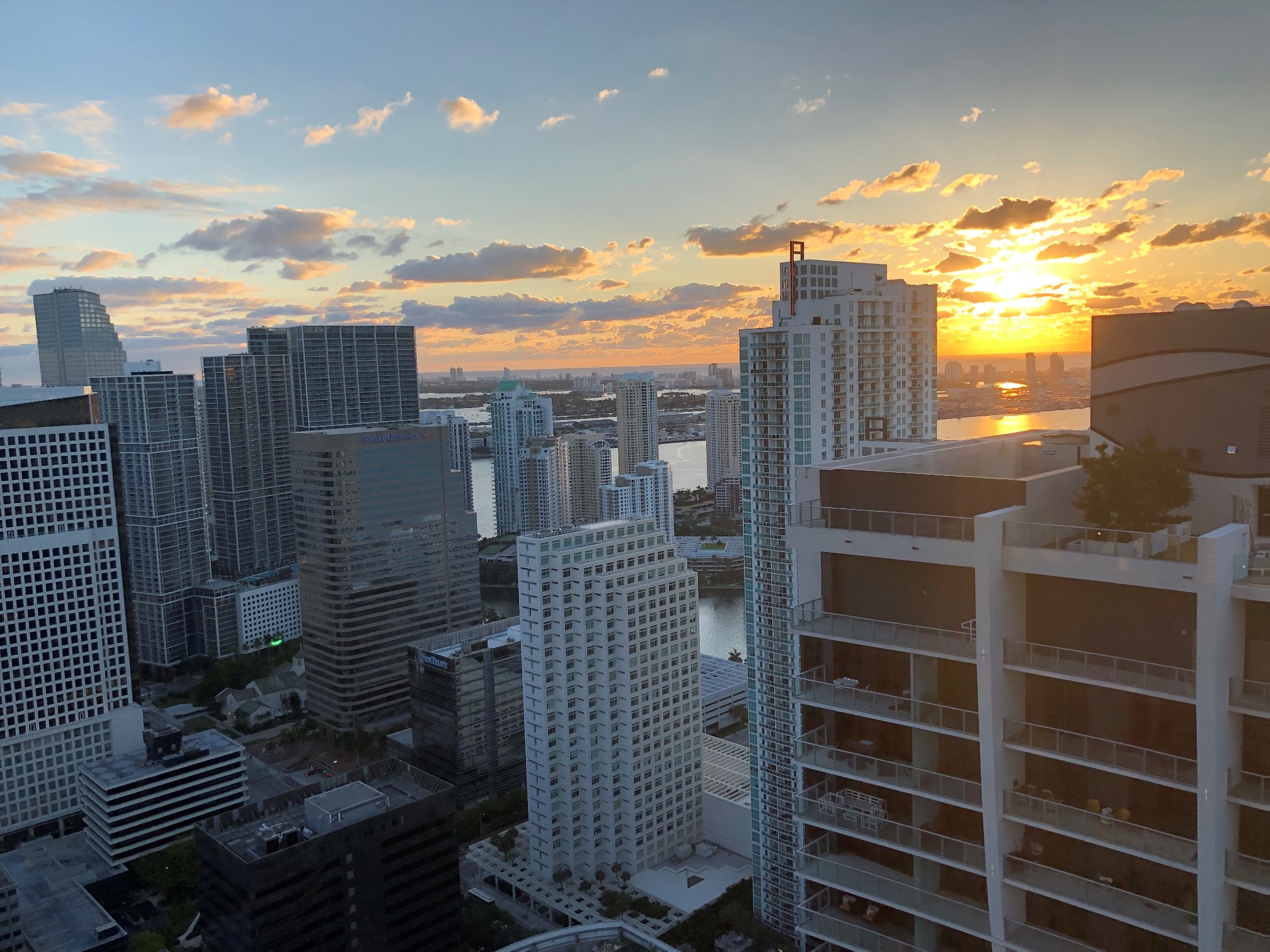 Much is happening the world of traumatic brain injuries (TBIs). More and more studies are showing that what we used to know about TBIs is completely false. The traumatic brain injury attorneys at Wolfson & Leon are paying close attention to this breaking information.
Much is happening the world of traumatic brain injuries (TBIs). More and more studies are showing that what we used to know about TBIs is completely false. The traumatic brain injury attorneys at Wolfson & Leon are paying close attention to this breaking information. Miami Personal Injury Attorney Blog
Miami Personal Injury Attorney Blog


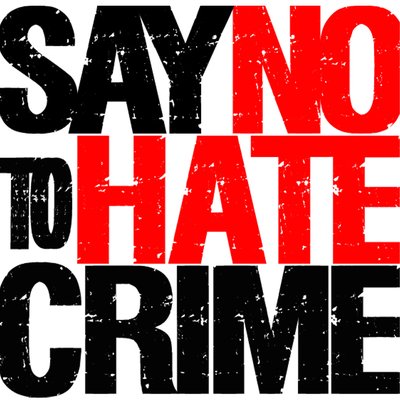 The Miami Beach Gay Pride mission statement is aimed towards bringing together the people of the lesbian, gay, bisexual, and transgender community, as well as their allies, supporters, and friends to celebrate the incredible culture and spirit of the LGBTQ community. The event is celebrating its tenth anniversary this year and organizers expect even more than the estimated 135,000 attendees of 2017. While much of the focus remains on enjoying the event, it is also important to remain vigilant against all forms of hate crimes. We, as a community, must always remember that no one counts unless everyone counts.
The Miami Beach Gay Pride mission statement is aimed towards bringing together the people of the lesbian, gay, bisexual, and transgender community, as well as their allies, supporters, and friends to celebrate the incredible culture and spirit of the LGBTQ community. The event is celebrating its tenth anniversary this year and organizers expect even more than the estimated 135,000 attendees of 2017. While much of the focus remains on enjoying the event, it is also important to remain vigilant against all forms of hate crimes. We, as a community, must always remember that no one counts unless everyone counts.
 Being a crime victim or someone close to a deceased crime victim is a difficult and life – changing experience. The world doesn’t look the same anymore. Suffering attack on your life, personal freedom, sexual freedom, safety, property, or anything else, means that the trust in others you once had is now shaken, or completely lost. After the unfortunate event, crime victims are in a very specific mental and emotional state: at the same time, they eagerly seek for justice, and criminal procedures are overwhelming for them. While they do their best to help the investigation, it is struggling to relive the criminal event repeatedly.
Being a crime victim or someone close to a deceased crime victim is a difficult and life – changing experience. The world doesn’t look the same anymore. Suffering attack on your life, personal freedom, sexual freedom, safety, property, or anything else, means that the trust in others you once had is now shaken, or completely lost. After the unfortunate event, crime victims are in a very specific mental and emotional state: at the same time, they eagerly seek for justice, and criminal procedures are overwhelming for them. While they do their best to help the investigation, it is struggling to relive the criminal event repeatedly.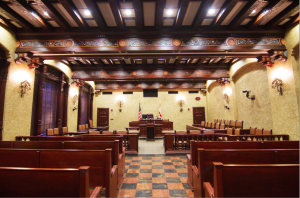 If you have a personal injury lawsuit in Miami, sooner or later you will likely end up in mediation. So what is mediation? It really doesn’t involve deep measured breaths, closing your eyes and focusing inward (although that might help during an actual personal injury mediation).
If you have a personal injury lawsuit in Miami, sooner or later you will likely end up in mediation. So what is mediation? It really doesn’t involve deep measured breaths, closing your eyes and focusing inward (although that might help during an actual personal injury mediation). 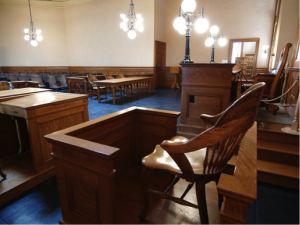 Let’s start with the assumption that you are well-educated and charming. You are board certified and have all the specialist certifications anyone in your field could hope to have in a lifetime. You love your family and your country. You know your field. People call you an expert and seek your opinion. So, does that mean you are ready to be an expert witness? Not necessarily.
Let’s start with the assumption that you are well-educated and charming. You are board certified and have all the specialist certifications anyone in your field could hope to have in a lifetime. You love your family and your country. You know your field. People call you an expert and seek your opinion. So, does that mean you are ready to be an expert witness? Not necessarily.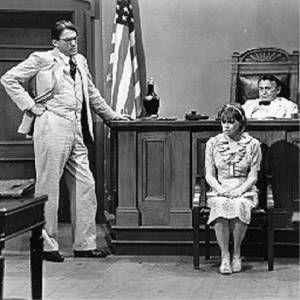 If you have a personal injury case, you might feel that you have no control. Everyone else has the power – the attorneys, the insurance company, the judge, or the jury. But that is not entirely true. You do have some power. You have the ability to avoid the mistakes that can cause you to lose your personal injury case. It doesn’t matter if you were injured in a
If you have a personal injury case, you might feel that you have no control. Everyone else has the power – the attorneys, the insurance company, the judge, or the jury. But that is not entirely true. You do have some power. You have the ability to avoid the mistakes that can cause you to lose your personal injury case. It doesn’t matter if you were injured in a